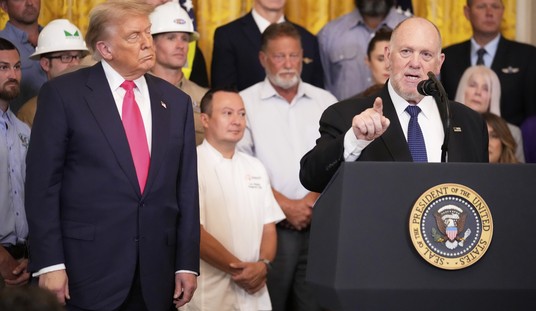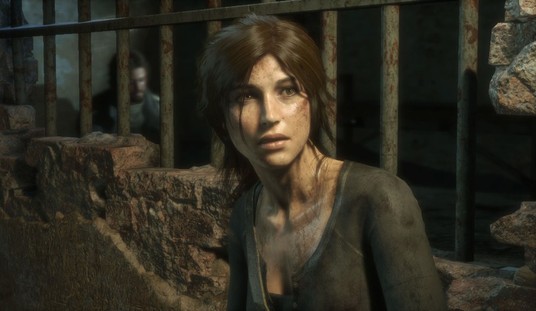
If you follow baseball at all, you know by now that Dodgers infielder Chase Utley sparked a Dodgers comeback with a hard slide into second base that broke up a double play. The video of the play can be found below, and in this case there is no substitute for watching it to see exactly how egregious Utley’s “slide” was:
[youtube]https://www.youtube.com/watch?v=q9kHbKzDyI8[/youtube]
A number of things happened as a result of this play:
- The Dodgers challenged the ruling that Utley was out at second on the basis that Tejada’s foot was on the bag. According to the explicit rules of instant replay, this should not have been a challengeable play. In order to protect middle infielders who were trying to preserve their safety, baseball specifically declared that managers would not be allowed to challenge whether their foot was on the bag during the course of turning or attempting to turn the double play.
- In spite of this, the umpires inexplicably allowed the challenge to proceed, and even more inexplicably declared Utley safe even though he was not on the bag himself.
- The Dodgers took advantage of this epically horrible series of officiating decisions to come back and take the lead, which they would not relinquish.
- Most significantly, Mets’ Shortstop Ruben Tejada’s leg was broken and he has been ruled out for the rest of the playoffs.
- MLB announced a 2 game suspension of Chase Utley.
- At the time of the writing of this article, Utley’s suspension is under appeal, which means that he is expected to be allowed to play in tonight’s game 3. It is unclear as of this exact moment when Utley’s appeal will be heard.
A lot of knowledgeable folks are saying right now that, while Utley’s slide was clearly reckless, MLB’s decision to suspend him was rash and will likely be overturned. Utley’s agent summed up the case for not suspending Utley pretty concisely:
A two-game suspension for a legal baseball play is outrageous and completely unacceptable. Chase did what all players are taught to do in this situation – break up the double play. We routinely see plays at second base similar to this one that have not resulted in suspensions.
This “argument” is complete hogwash. It proceeds from two erroneous premises: first, that this was a “legal baseball play,” and second, that what Utley did falls within the “routine” attempt to break up a double play. It then proceeds to make an argument that would be unsupported even if the second erroneous premise were true – that Utley should therefore not be suspended.
First, the argument that Utley’s “slide” into second was a legal baseball play may be quickly dispensed with as a flat out lie. In point of fact, Utley’s play was clearly illegal under MLB Rule 5.09(a)(13), and moreover under Rule 6.01(6), both Utley and the batter should have been called out due to the violation of the rules:
If, in the judgment of the umpire, a base runner willfully and deliberately interferes with a batted ball or a fielder in the act of fielding a batted ball with the obvious intent to break up a double play, the ball is dead. The umpire shall call the runner out for interference and also call out the batter-runner because of the action of his teammate. In no event may bases be run or runs scored because of such action by a runner.
It is correct to note that this rule is seldom enforced at the pro level (it is regularly enforced in youth baseball, where I coach), but what Utley did was a clear violation of the written rules of baseball and was illegal.
What Utley’s agent is arguing is essentially another way of saying that Utley’s actions were legal under baseball’s “unwritten” rules – which is to say, people do this all the time and don’t get suspended. A couple points deserve to be made about this assertion. First, as someone who watches north of 100 baseball games a year (at least), it is utterly false for Utley and his defenders to claim that Utley’s attempt to break up this double play was a garden variety hard slide that had an unfortunate result – the standard variety hard slide begins before the second base bag and continues through it, giving a defender at least a chance to leap over the (still illegal) slide.
Utley, on the other hand, never makes any attempt to go to the ground until he has passed the bag and has already made contact with Tejada. Look at the video again – the first thing Utley makes contact with, before his butt makes contact with the dirt, is Tejada’s leg. I am not going to sit here and try to say that never before has this been done in the history of baseball; clearly it has. But this was clearly different from a so-called “clean” (under the unwritten rules of MLB) hard slide to break up a double play and a dirty play that was done with intent to injure or at least reckless disregard for whether an injury would occur.
Which is what makes the bleating from Camp Utley about “other people don’t get suspended for this” so utterly unpersuasive. Part of the nature of rules that remain on the books – especially rules that are seldom enforced – is that it’s a fact of life that if your violation of the rules has an unfortunate (but foreseeable side effect) of injuring another person, you are exponentially more likely to get punished for it. Most cities of moderate-to-large size make it illegal for private citizens to set off fireworks, but as we all know on the 4th of July pretty much all the cops turn a blind eye if you set off Roman Candles in your back yard. However, if you set one off and it sends your neighbor’s 5-year-old kid to the hospital for treatment in the burn ward, you can bet that you’ll find out what the maximum penalty for violating local ordinance is really quick, and the cops won’t give a crap about all the other people in town who got away with setting off fireworks.
The simple fact is that baseball’s rules on obstruction and interference exist to protect the safety of both runners and fielders in what is not supposed to be a contact sport. Baseball has for years turned a mostly blind eye to certain kinds of violations of those rules (in particular, for over a century the particular species of textbook obstruction that involved catchers blocking the plate was ignored until the grisly injury to Buster Posey finally drove actual enforcement of the rule on the books), but they exist and when players like Utley violate them in a fashion as fragrantly as we saw this weekend, and the violation happens to result in the season-ending injury of a key player during the playoffs, then tough luck for Utley, and his futile pleas of “who, me?” should be ignored.














Join the conversation as a VIP Member